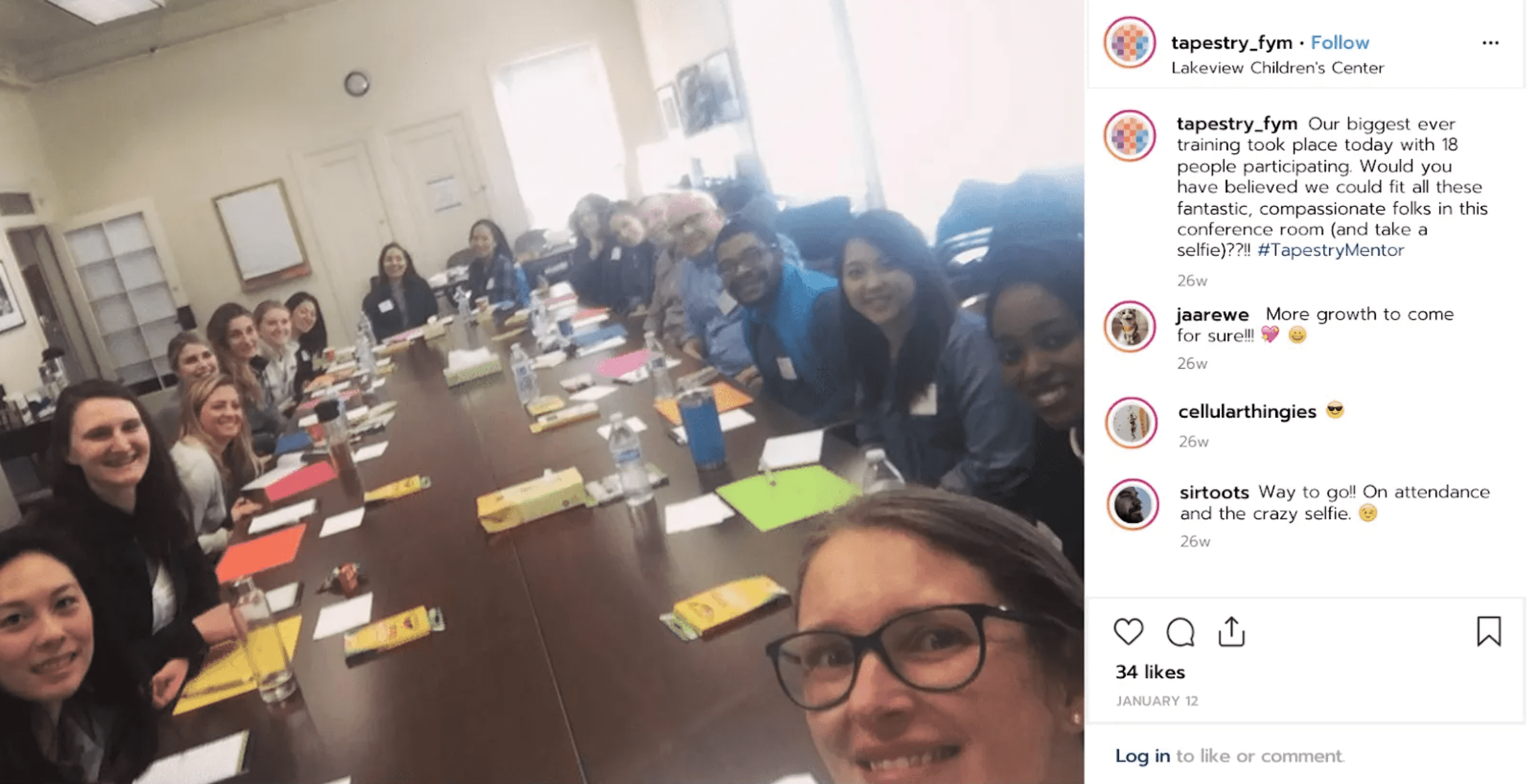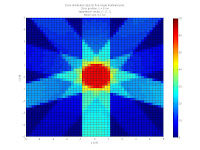Its overly reductive headline notwithstanding, this article from yesterday’s New York Times basically sums up why I’m no longer so jazzed about a career in academia. I think the overarching theme emerging from these observations is less about a shift from liberal to conservative (or politically driven to “less explicitly political”), but rather from theoretical and big-picture-centric to relentlessly empirical and data-centric.
(Am I implying that the latter attitude obscures one’s ability to see the big picture and actually say something interesting? Well, not necessarily, but it does for me personally. Do I especially care that the former attitude runs the risk of being less rigorously scientific? No, I do not.)
Anyway, here (for me at least) are a few particular sources of despair:
At the same time, shrinking public resources overall and fewer tenure-track jobs in the humanities have pushed younger professors in those fields to concentrate more single-mindedly on their careers. Academia, once somewhat insulated from market pressures, is today treated like a business. This switch is a “major ideological and philosophical shift in how society views higher education,” Mr. Schuster and Mr. Finkelstein write in “The American Faculty.”
[…]
Ms. Goldrick-Rab has embraced such experiments. A graduate course she created — partly based on her research of community colleges — focused on “educational opportunity and inequality” at community colleges, with an “emphasis on the critical evaluation and assessment of current up-to-date research.” [Admirable, but sadly boring to me in the absence of “grand frameworks”: see below.]
Another Wisconsin professor, Erik Olin Wright, a 61-year-old sociologist and a Marxist theorist, described it this way: “There has been some shift away from grand frameworks to more focused empirical questions.” [Isn’t the grandness what makes higher education exciting? Isn’t it what teaches us that there’s more to life than making money? Isn’t it what helps us grow during these hopefully enriching years of our lives? Can we really be sustained by focused empirical questions alone?]
[…]
Wisconsin is part of the state’s university’s system, for example, but it receives only 18 percent of its total budget from the Legislature. The rest comes from donations, foundations, federal research grants and corporations. Mr. Wright and Mr. Olneck worry how constantly having a hand out — particularly to corporations — may affect attitudes and policies. Mr. Olneck mentioned the long list of labs and classrooms named after companies like Halliburton, Pillsbury and Ford Motor Company.
The market sensibility may account for what Mr. Olneck and others call an increasing careerism among junior faculty members.
Part of why I find the headline a little unsatisfying is because of my personal position on this issue. Unlike so much of what’s described in this article, I’m totally down with the trend away from polemics:
The authors are not talking about a political realignment. Democrats continue to overwhelmingly outnumber Republicans among faculty, young and old. But as educators have noted, the generation coming up appears less interested in ideological confrontations, summoning Barack Obama’s statement about the elections of 2000 and 2004: “I sometimes felt as if I were watching the psychodrama of the Baby Boom generation — a tale rooted in old grudges and revenge plots hatched on a handful of college campuses long ago — played out on the national stage.”
Another part of why I think the political theme here is confusing is the stuff about Allan Bloom:
Yet to some traditionalists, preoccupations like Mr. Olneck’s grated. The conservative philosopher Allan Bloom captured the bitter splits — better known as the culture wars — in his influential best seller “The Closing of the American Mind” in 1987. He detailed fights over the scarcity of women and people of color in the curriculum, the proliferation of pop-culture courses, doubts about the existence of any eternal truths and new theories that declared moral values to be merely an expression of power. These rancorous disputes often spilled into the nation’s political discourse.
Even though he resented and disagreed with many of the fruits of old-guard liberal academic thinking (“old-guard” as defined in this article, of course, i.e. the baby boomers), I can’t help but think that the part of Alan Bloom who was so concerned with the beauty of eternal truths would be unhappy about what Wright called above the “shift away from grand frameworks.” I mostly hated COTAM, but I think Bloom and I could agree about the impoverished-ness of a purely data-driven academe. We need facts and the frameworks to understand them.
The absence of that balance reminds me of an interesting point of agreement between mathematical physicists Henri Poincaré and E. A. Milne that I wrote a few years back. I’m worried that what they describe sounds awfully familiar:
…both writers quickly dismiss the criticism that the essence of the scientific enterprise is mere fact gathering. Poincaré does so with an oft-quoted analogy to building: “Cannot we be content with experiment alone? No, that is impossible; that would be a complete misunderstanding of the true character of science…Science is built up of facts, as a house is built of stones; but an accumulation of facts is no more a science than a heap of stones is a house.” Milne also subscribes to this viewpoint. He similarly denies the notion that science “adopt[s] the spirit of the collector, and glor[ies] most in the increase in the frontiers of our knowledge of facts, in the assemblage of fresh phenomena in a tendency to completion and exhaustiveness.” He later notes the “deleterious effect” of such an attitude, claiming “It gives rise to sneers such as that of H. G. Wells, when he pictured the large majority of scientific workers as each of them merely ‘adding one or two to that large stock of little papers with blunted conclusions of which the world is already too full.’”
Finally, I’d claim that we can see the migration described in this article reflected in what I’ll call the Comic Wars. Don’t get me wrong, I love PHD, but I think the attitudes it usually reflects are symptomatic of the changes this NYT article is getting at. See, for example, this post from Natalia Cecire:
Piled Higher and Deeper appears to be the grad-student-centric web comic of choice. Unfortunately, PHD is all about engineers. The recent addition of a humanities grad student (Gerard, the medieval Scandinavian philosophy student) only drives home that the author of the comic knows almost nothing about the humanities, and considers disciplines legitimate only insofar as they are quantitative.
On the other hand, there is Dinosaur Comics, which is pure brilliance.
Although I would have said “scientists and engineers,” I’m totally with you, Natalia. In fact, one reason why I love xkcd is that it represents what to me is the ideal middle ground between and PHD and Dinosaur Comcis. That is (if I’m not stretching the analogy too much) between the idealistic, though ultimately perhaps a little naive previous model and the data-driven, capitalistic model that we seem now to be stuck with. To me, the old framework begs the question “Whither verification and quantification?”, the latter, “Whither significance and inspiration and playfulness?”
As xkcd so often reminds me (here and here, for instance), I need both, for wholeness’ sake. Let’s hope academia realizes that it does too.

